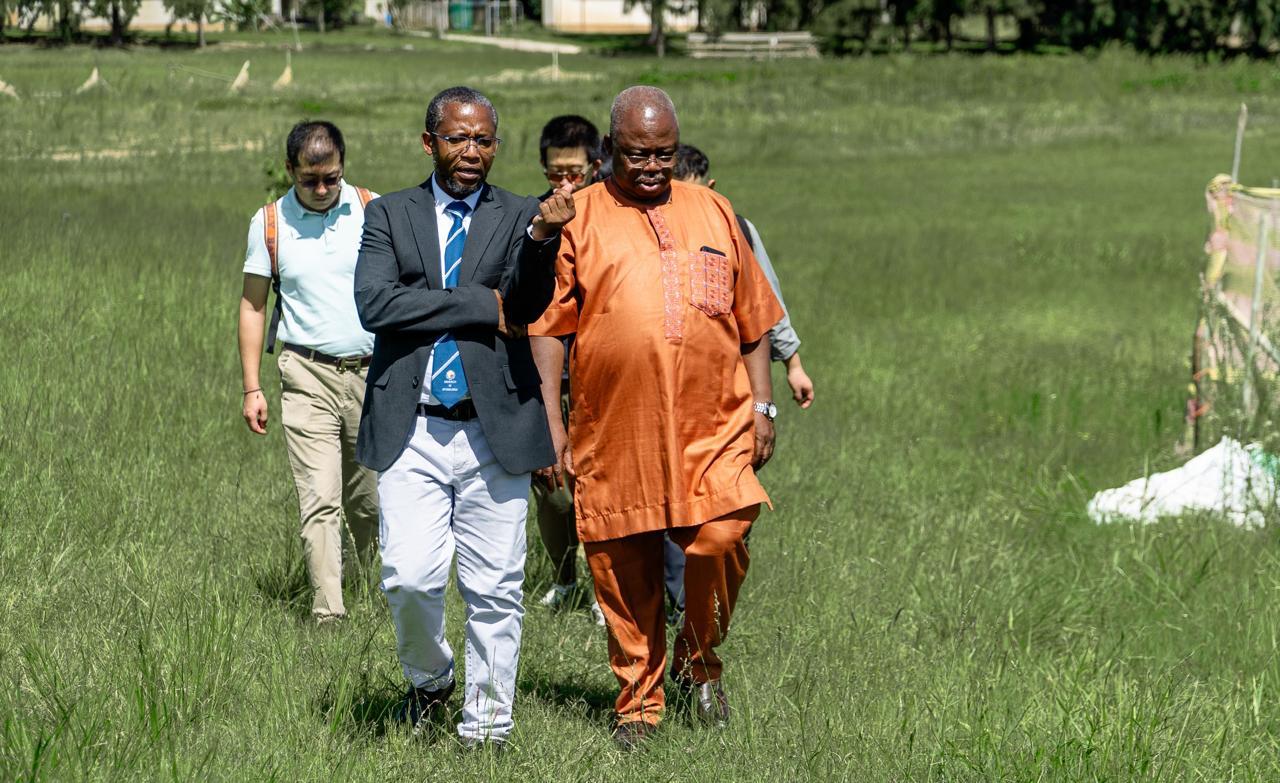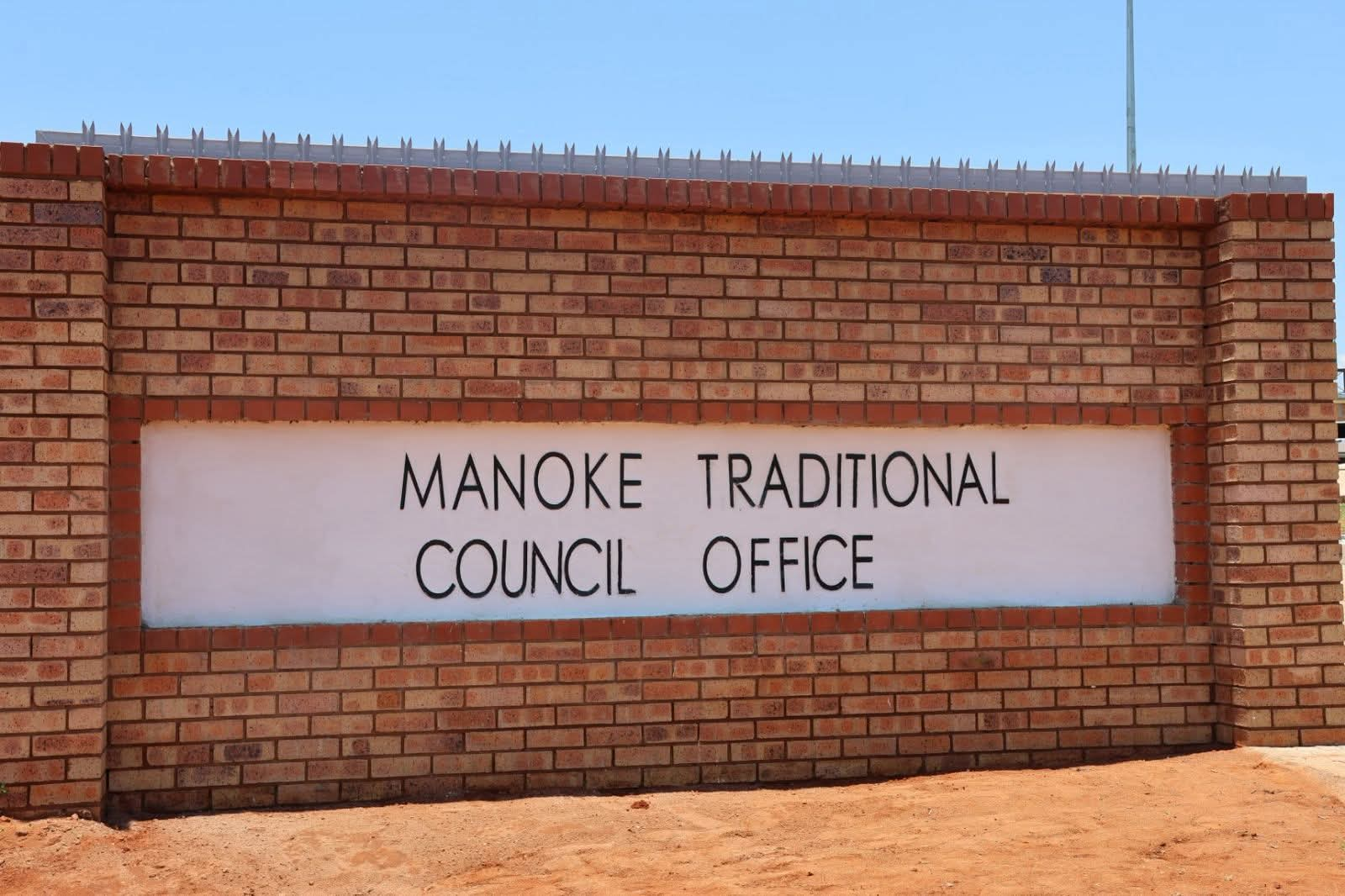-
 ‘SA must boycott the World Cup’ – Malema
‘SA must boycott the World Cup’ – Malema
-
 Transnet loses third court battle and ordered to pay R60m to Gijima
Transnet loses third court battle and ordered to pay R60m to Gijima
-
 UMP’s ambition to position SA as a leading rice exporter
UMP’s ambition to position SA as a leading rice exporter
-
 Polokwane mayor’s gobbledygook on R41.2 million refund to developer
Polokwane mayor’s gobbledygook on R41.2 million refund to developer
-
 Transnet’s loses yet another application to push Gijima Holding’s from IT contract
Transnet’s loses yet another application to push Gijima Holding’s from IT contract
-
 Fetakgomo Tubatse municipality dumps consultants and still keeps a good financial record
Fetakgomo Tubatse municipality dumps consultants and still keeps a good financial record
-
 Limpopo government finishes sixth traditional office in 2025/26
Limpopo government finishes sixth traditional office in 2025/26
-
 Masoga approaches High Court to clear his name on allegations of corruption at MMSEZ
Masoga approaches High Court to clear his name on allegations of corruption at MMSEZ
-
 Municipal manager’s bid to attach CFO’s pension fails
Municipal manager’s bid to attach CFO’s pension fails
-
 Visit Limpopo Ka Dezemba – Premier Ramathuba
Visit Limpopo Ka Dezemba – Premier Ramathuba
New government should not change land and agriculture policies
Sizwe sama Yende
The current policies of agriculture, land reform and rural development department should be maintained in the new government where the ANC has to govern with other parties.
Wandile Sihlobo, Chief Economist of the Agricultural Business Chamber of South Africa, said that with an coalition negotiations trade-offs involving several government functions and policies were likely to be made.
“Admittedly, forming alliances would likely result in trade-offs in policy positions of the political parties that would join the ANC in government. Therefore, whether there is solid conviction for this expropriation of land without compensation policy in the EFF and MK is something that is likely to become clearer as parties outline their non-negotiables,” Sihlobo said.
The ANC has invited all parties form part of a Government of National Unity (GNU), albeit in the glare of known ideological differences. Parties such as the Democratic Alliance (DA), Inkatha Freedom Party (IFP) and the Patriotic Alliance (PA) have shown a keen interest.
The Economic Freedom Fighters (EFF) does not want to work with the DA, while the Umkhonto we Sizwe Party (MK) has been on the fence, raising its concerns with the election results, and has today approached the Constitutional Court to stop the first sitting of parliament this Friday to elect a speaker and a president.
The ANC cannot govern alone after failing to score votes above 50% after the general elections last week.
“The question that should be addressed in the agriculture sector is: what are the implications for potential changes in government functions on agriculture and land reform policy?” Sihlobo said.
Sihlobo said that among the top four political parties trailing the ANC in the voter outcome, two stood out with contrasting views on land reform to the current policy path. These are the EFF and MK Party.
“These parties have a strong preference for the expropriation of land without compensation,” he said.
“The MK manifesto states that the government should expropriate all land without compensation, transferring ownership to the people under the custodianship of the state and traditional leaders. This is the direct opposite of the programme of rolling out title deeds and strengthening land tenure that the department is now pursuing,” Sihlobo said.
Similarly, said Sihlobo, the EFF manifesto stated that its approach to the resolution of the land question would be “anchored on the principle of expropriation of land without compensation for equal redistribution and use, and for the state to be the custodian of all land in SA.”
This policy path was unfavourable for investment, long-term inclusive agricultural growth agenda, and job creation, said Sihlobo.
“For its part, the DA champions strong property rights. Moreover, the DA has been implementing national agricultural policies in the Western Cape. This suggests that the DA would not be inclined to significantly change the agricultural policy path.”
Sihlobo said that the IFP had a slightly different view, which advocated the growth of SA’s agriculture, with the release of land to the beneficiaries in the state’s hands. This, too, is aligned with ANC policies.
He said that a slight ambiguity of the IFP’s policy on land was its manifesto statement: “Continue to support the policy of land expropriation with reasonable compensation.”
Sihlobo said that when the new administration had been ultimately formed, the Agriculture and Agro-processing Master Plan should remain the primary programme for the government to drive inclusive growth in SA’s agriculture.
“I also believe that the protection of strong property rights and the continuous release of government land to appropriately selected beneficiaries are essential steps in driving inclusive growth in agriculture,” he said.

